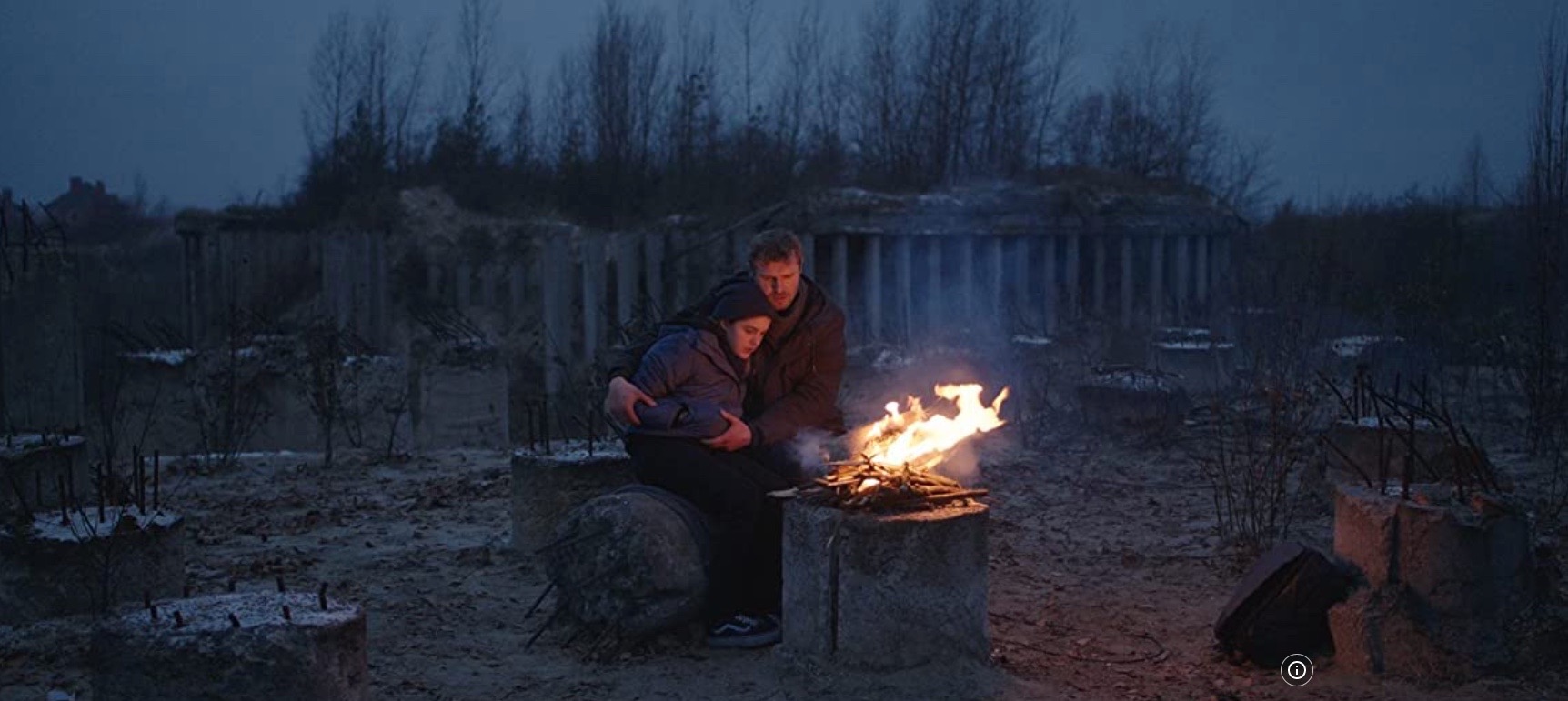
- Film
Ukraine Fight for Freedom: Filmmakers Protest with Relevant and Powerful Cinema
Like their fellow countrymen, Ukrainian filmmakers have been defiant in their protest against Russia’s invasions of their country over the past decade or so. The recent war, which began on February 24 and is still raging, is the latest turbulent chapter in the relationship between the two countries.
Ambitious Ukrainian filmmakers have made various features exploring the human toll of Russia’s military aggression. Such cinema offers a kaleidoscopic view into the lives and concerns of contemporary Ukrainians coping with the deadly hardships of Russia’s 2014 takeover of Crimea and warfare in the Donbas region.
In contrast to many documentaries made in the wake of momentous historic events, the relevancy and merit of the aforementioned features would last beyond the Ukrainian upheavals (previous and current), standing as compelling witnesses to seminal moments too fresh to be fully processed.
These essays offer an opportunity for greater empathy and understanding of the conflict, seen through the vision of Ukrainian artists.
Ukrainian Valentyn Vasyanovych’s latest feature, Reflection, was one of the critical favorites of last year’s Venice Film Festival, where it world-premiered to great acclaim and a ten-minute standing ovation.
In October, the film was presented at the 50th Montreal Festival du nouveau cinéma as a part of the Incontournables section.
It was scheduled to get a wide theatrical release in Ukraine this winter. but due to the war, has been delayed.
The film tells the wrenching story of a Ukrainian military surgeon named Serhig (Roman Lutskiy), who volunteers to care for the wounded near the battle zone in Eastern Ukraine’s Donbas region.
Unfortunately, he is captured by soldiers who are pretending to be natives but are really Russian mercenaries shipped in order to aid the invasion.
During his time as a prisoner of war, Serhiy witnesses terrifying scenes of torture, rape, and other dehumanizing behavior towards POWs.
Soon after, as part of a prison swap between Russia and Ukraine, Serhiy gets released from captivity and returns to his pre-war normal day-to-day life, only to discover that the horrors that he witnessed as a prisoner are still haunting him.
In order to help fight his post-war PTSD, Serhiy decides to fix his relationships with his ex-wife Olha (Nadiya Levchenko) and his estranged daughter Polina (Nika Myslyts’ka), a teenager of 12, who is also suffering from the recent loss of a close person at the war.
As Serhiy spends more time with Polina and tries to help her recover from the loss of a loved one, he gradually starts to confront his own post-traumatic fears and anxieties.
The critics’ highest praise went to Roman Lutskyi’s dominant performance, which navigated a multi-nuanced story of betrayal and redemption, mercy and survival with great nuance and restraint.
Reflection is an auteurist endeavor par excellence: An artist of many talents, Valentyn Vasyanovych served as co-producer, writer, cinematographer, and editor.
In order to ensure a realistic depiction of the Russo-Ukrainian War, Vasyanovych relied on military consultants, who have gone through Russo-Ukrainian War; one of the film’s most famous consultants was Stanislav Aseyev, who himself spent more than two years as a Russian prisoner of war in 2017-2019.
Uncompromising in method, Reflection is a grueling thought-provoking film, encouraging viewers to reflect not only about the cruelty of war, but also about personal choices made in dire conditions, about death and life after it, and about the Buddhist and Christian concepts of the soul.
The events are presented in a quiet, matter-of-fact mode that both reflect the cold detachment of the Russian aggressors as well as underline the fact that these war terrors speak for themselves and do not require further sensationalizing.
Unlike Vasyanovych’s previous feature, Atlantis (2019), in which most of the actors were actual veterans of the Russo-Ukrainian War, in Reflection most of the actors were professionals.
Stylistically, Reflection is filmed in Vasyanovych’s visual trademark of fixed mid-range shots. The film consists of some 30 static, single-frame shots, resulting in a candidly stark yet sensitively soulful evocation of war atrocities in general and PTSD in particular.
Like other recent Ukrainian films, the aptly titled Reflection depicts the universal elements of a particular case, showing with brutal austerity what happens to the soul of one man–and one nation–at a brutal, unnecessary war.